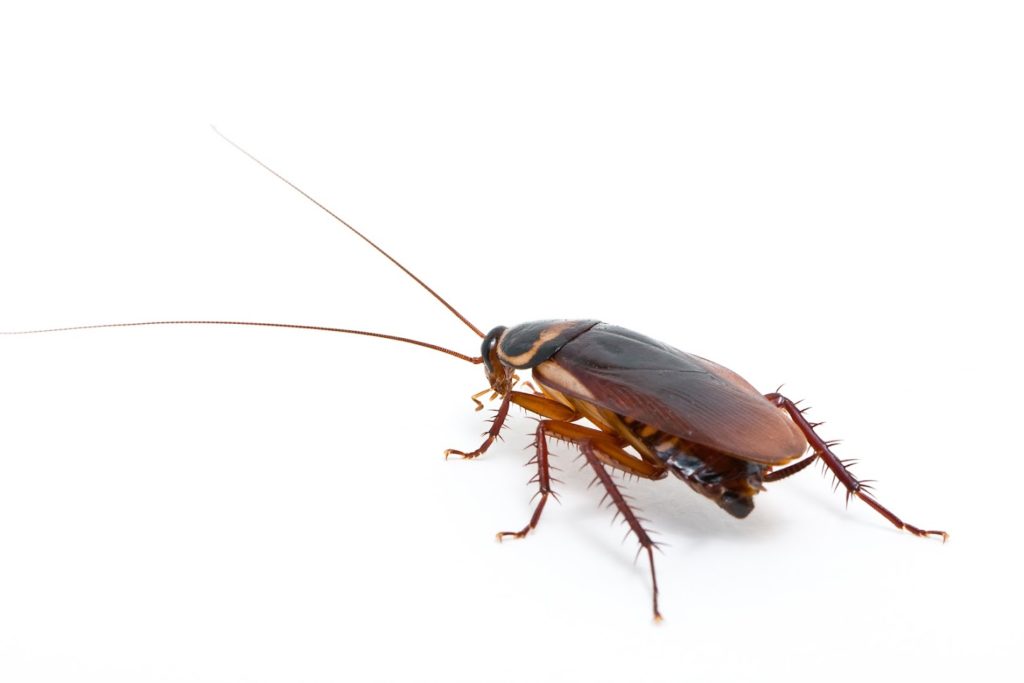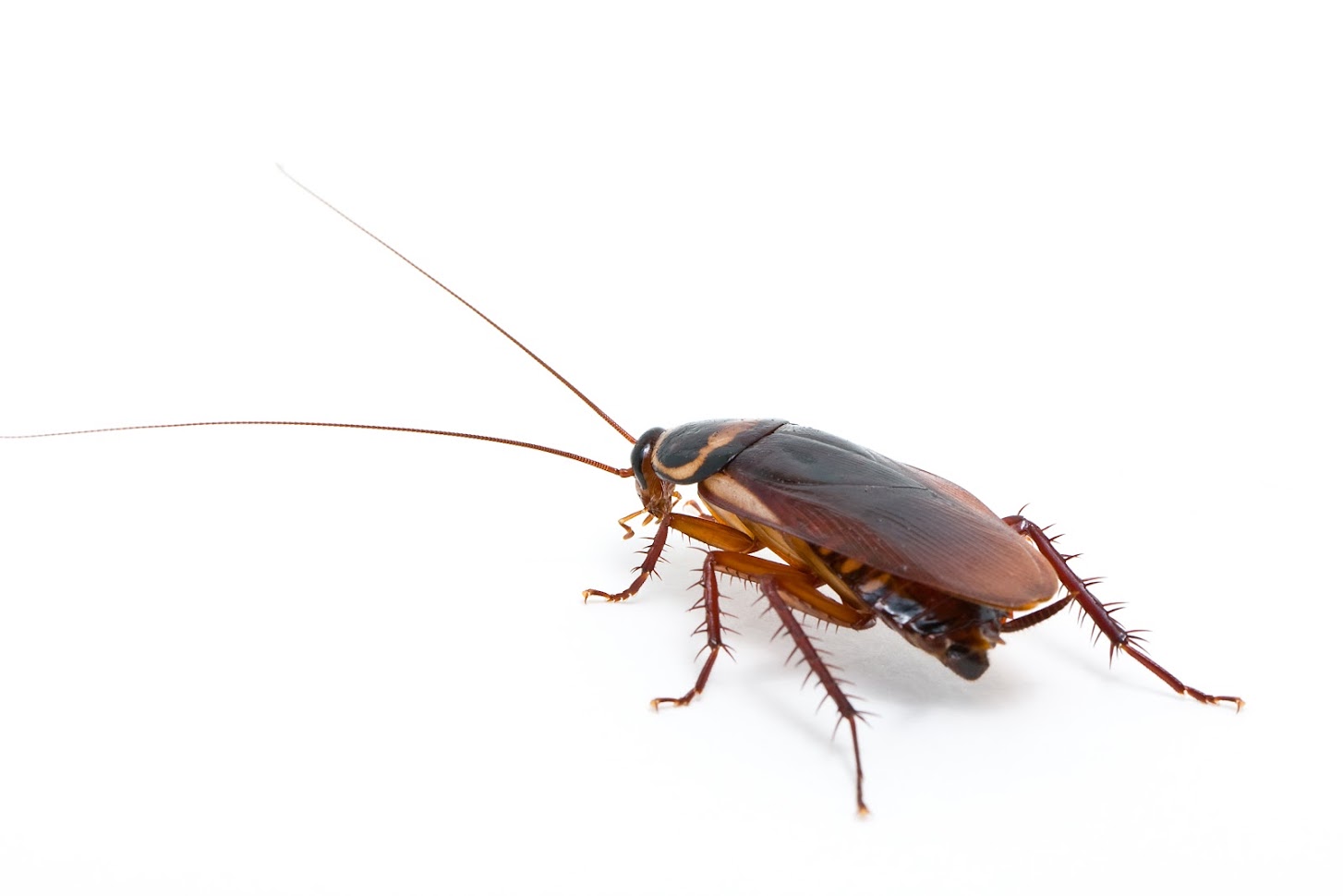
Likely nobody wants to find cockroaches in their home. They emit unwanted odors, leave feces all over the place, and stain your surfaces with their excrement. More importantly, however, cockroaches pose a threat to your health. The following are some of the health problems perpetuated by these notoriously dirty insects.
Asthma
While many things like excessive humidity or dust can cause asthma, cockroaches are also a trigger for asthma. Cockroaches leave everything from droppings to body parts around a home, and these can cause those with asthma to experience symptoms. Some symptoms can include coughing, difficult breathing, or pain in the chest. These symptoms might only increase if you don’t treat the source of the problem.
The best way to determine if cockroaches are the source of your asthma is to confer with a doctor. They can run tests to verify this finding. After you find your cause, you can take steps to eliminate the cockroaches in your home.
Allergy Symptoms
Many allergies to insects are actually allergies to the insects’ venom. This is true of bee and wasp allergies. However, cockroach allergies are a bit different. People who are allergic to cockroaches are allergic to proteins in the saliva, feces, and exoskeletons of the cockroaches.
When your home is infested with cockroaches, these allergens easily become airborne. They’re spread around via fans or your HVAC system, meaning that no place in your home will be a safe haven from allergy symptoms. You won’t even have to be in the same room as the bugs to suffer.
Cockroach allergy symptoms vary between individuals, but they often include coughing, wheezing, ear and sinus infections, congestion, and rashes. Some people who suspect they are allergic to dust or mold are actually experiencing cockroach allergies.
Salmonella
You’ve probably heard of salmonella in the context of it being present in chicken meat or eggs. However, cockroaches also carry salmonella on their bodies. When a bug walks across your food or a surface you use to prepare food, some of the bacteria can fall off — and you ingest them later. Salmonella bacteria cause gastrointestinal illness with symptoms like diarrhea, cramping, and fever.
Younger people generally recover from salmonella with antibiotic treatment, but for very young and very old patients, salmonella can be deadly. In severe cases, the bacteria can spread beyond the digestive tract, leading to a blood infection. Salmonella can also affect the joints, causing arthritis symptoms that linger for years.
Staphylococcus Infections
Cockroaches also carry staphylococcus bacteria on their bodies. You may ingest these bacteria if you eat food that the cockroaches have contaminated, or you may pick up staph bacteria on your skin when you touch a surface that the cockroaches have run across.
There are several types of staph bacteria, and they affect the body in various ways. Some strains, if ingested, cause food poisoning symptoms like nausea and diarrhea. Others can cause boils and abscesses on the skin.
Staph infections have become even more concerning in recent years as a strain of staph known as MRSA has popped up. This strain causes skin infections, and since it is resistant to methicillin, the antibiotic commonly used to treat staph infections, it is very hard to treat.
Streptococcal Infections
You’ve probably heard of strep throat, which is caused by streptococcal bacteria. These same bacteria can also cause impetigo, an infection of the skin. A different strain of strep bacteria can cause pneumonia and blood infections in young babies.
Cockroaches can carry strep bacteria and deposit them on surfaces. If you touch these surfaces and then rub your skin or mucous membranes, the consequences could be bad. Strep infections are treatable with antibiotics but can be deadly in young children and the elderly.
Bacterial Dysentery
Dysentery is a general term for inflammation of the intestine, leading to severe and bloody diarrhea. Bacterial dysentery is caused by Shigella bacteria and some strains of E. coli bacteria, which can be carried by cockroaches.
Dysentery is very serious and most patients require hospitalization. In 2013 alone, more than 34,000 children under the age of five and 40,000 people over the age of five died from Shigella dysentery alone.
If you do have cockroaches in your home, make sure you take care to clean and sanitize any surfaces before preparing food on them. Keep your food tightly sealed, and do not eat food that has sat uncovered. Change your air filters and dust your home often to keep cockroach allergens at bay.
Most importantly, however, make sure you contact A-Alert Exterminating Service Inc. We’ll get rid of the roaches to protect you and your family members.



